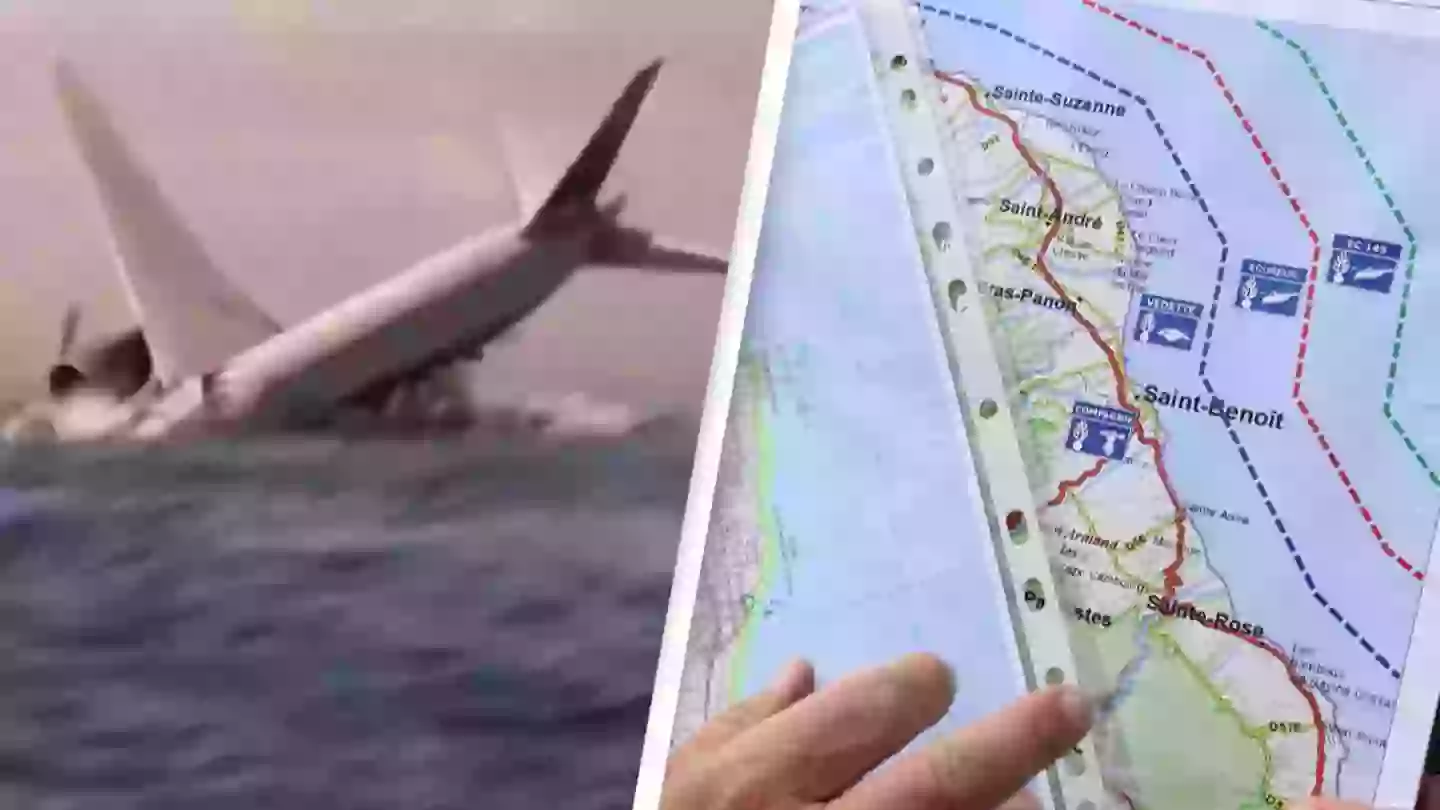
The mystery of the Malaysia Airlines flight MH370 could be solved after researchers discovered key evidence of its crash.
On 8 March, 2014, 239 passengers and crew boarded a Boeing 777 flight and took off from Kuala Lumpur International Airport.
But the Malaysia Airlines plane was suddenly lost from air traffic control’s secondary surveillance radar mid-flight and never heard from again.
Advert
It was due to reach its planned destination, Beijing Capital International Airport in China and over a decade later, officials are still unsure what happened to flight MH370.
Despite extensive search efforts, only small parts of the aeroplane have been discovered, and they didn’t explain how or why it went missing.
Now, a six-second sound clip could hold the answers to where it is and when it crashed.
Advert
Researchers from Cardiff University believe that hydrophone recordings could be the final piece of the puzzle and finally locate the flight.
The NOAA National Ocean Service explained that a hydrophone is an underwater device that detects, and records ocean sounds from all directions.
This could surely detect something as big as an aircraft crashing into the ocean.
Mathematician and engineer Dr Usama Kadri, who was part of the research team, claimed hydrophones were in operation at Western Australia’s Cape Leeuwin and Diego Garcia, an island in the Indian Ocean at the time of the flight’s disappearance.
Advert
He wrote in The Conversation: “A 200-tonne aircraft crashing at a speed of 200 metres per second would release the kinetic energy equivalent to a small earthquake.

“It would be large enough to be recorded by hydrophones thousands of kilometres away.”
Dr Kadri and his team analyzed Comprehensive Nuclear-Test-Ban Treaty Organization’s (CTBTO) hydroacoustic stations and checked signals along MH370’s initial flight path but no corresponding acoustic signatures were initially detected.
Advert
The researchers claim the findings aren’t conclusive: “Given the sensitivity of the hydrophones, it’s highly unlikely that a large aircraft impacting the ocean surface wouldn’t leave a detectable pressure signature, particularly on nearby hydrophones. But unfavourable ocean conditions could potentially dampen or obscure such a signal.”
Dr Kadri said it has highlighted ‘the potential of hydroacoustic technology in solving this aviation mystery’.
He explained: “By refining our methods and conducting further experiments, we could provide new insights into MH370’s fate and improve our response to future maritime incidents.”

Advert
He also trying to seek closure for the families of those on board, which helps the team boost their efforts to ‘track and understand aviation accidents over vast oceanic expanses.’
Dr. Kadri said: “If the recommendations are followed by the appropriate authorities, we can assess the relevance of the observed signals, potentially shedding light on the location of MH370.”
As the search efforts to find MH370 have been exhaustive for Malaysia and surrounding countries that attempted to help scour the sea in search of it, this data- if correct - could potentially solve the decade-long mystery once and for all.
After debris washed ashore in the Indian Ocean, many believed that this could be the evidence to lead searchers to the craft, without avail.
